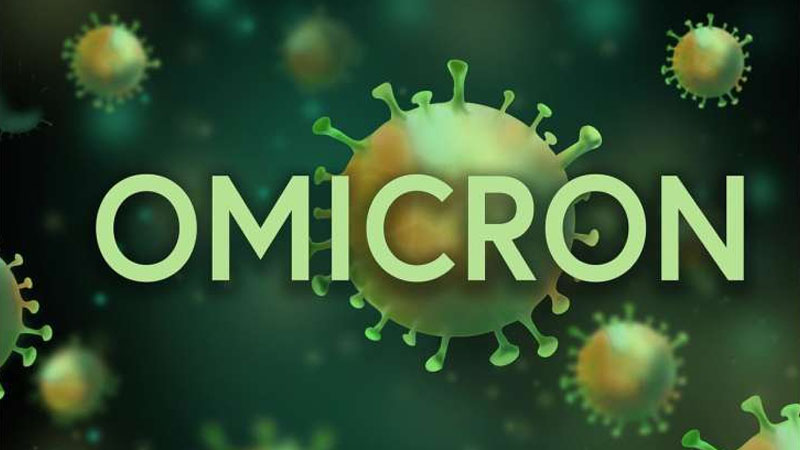Immunity has become a complicated buzzword in our coronavirus vocabulary as people accumulate boosters and breakthroughs.
“Breakthrough” infections surprised a small percentage of the vaccinated population and showed to us all that our protection is not always variant-proof, even though vaccines continue to work well in preventing severe outcomes.
However, new evidence suggests that there may be a silver lining for people who contracted COVID after vaccination: people who have been fully vaccinated and have immunity from a prior COVID-19 infection appear to be very well protected against future infection.
One recent study at Oregon Health and Science University, conducted during the Delta wave, described this double-duty protection as “super immunity” — a finding supported by recent CDC data showing that people who had both a vaccine and a prior infection were the least likely to contract COVID-19 with Delta.
While data on Omicron is still being collected, preliminary research from Austria (which has not yet been peer-reviewed) suggests that the same may be true for vaccinated people who have recently contracted COVID.
However, the emergence of a new type of immunity does not spell the end of COVID-19. It represents yet another major split in this patchwork pandemic, with some people faring better than others. Another variant could appear at any time. Public health experts are concerned that a COVID-19 infection is unpredictable.
“You’d be crazy to try to get infected with this,” Dr. Robert Murphy, of Northwestern University Feinberg School of Medicine, told CNN. “It’s like playing with dynamite.”
Vaccination provides a foundation for ‘super immunity’ if you’re infected later on
Super immunity does not work without the foundation of vaccination — a natural infection alone will not provide anything more than normal immunity, potentially high medical bills, and the risks of severe illness and long COVID.
Vaccinated people who had breakthrough infections during the Delta wave produced antibodies that were up to 1,000% more effective than those produced after a second Pfizer shot.
“Not only is the level of the antibodies high, but the ability to cross-neutralize different variants is remarkably high,” Fikadu Tafesse, a co-author of the Oregon study, told Insider.
By exposing your immune system to multiple variants of the same virus, you are essentially showing to your body the various forms that the coronavirus can take.
“The vaccines were designed with the original strain, but when you get the breakthroughs, it could be Delta or now Omicron,” Tafesse, an assistant professor of microbiology and immunology, added. “It gives you an additional level of complexity in terms of your antibody diversity.”
What natural infections do to the immune system
Your T and B cells were hard at work while you were bedridden with fatigue and body aches. These immune warriors are in charge of attacking infected cells and producing more antibodies. The end result is a better-trained defense strategy for the next time your body comes into contact with the virus.
“The whole virus infection trains your immunity in a more complete way than the immunity we get from the vaccine, which is mostly spike protein,” Tafesse told Insider.
The vaccines use the virus’s weapon for infiltrating our cells, the spike protein, as a shortcut to immunity. But, as we’ve seen with Omicron, an immune response specific to a single protein does not always keep people from contracting COVID-19.
It’ll take time to track Omicron-induced immunity
The researchers have yet to collect data to determine how super immunity compares to Omicron, but Tafesse is optimistic.
“We think that individuals with breakthroughs will have high levels of protection, even from Omicron,” he said, but he laughed at the prospect of trying to predict what comes next. “I mean, we say that now it’s super immunity, so what is the next one — super-duper immunity?”
Dr. Anthony Fauci stated in a recent World Economic Forum panel that the questions of whether Omicron would bring the pandemic to an end — or perhaps a slow fizzling out — are difficult to answer due to the virus’s potential to mutate.
“I would hope that that’s the case,” Tafesse said when asked if COVID-19 would become endemic after Omicron. “But that would only be the case if we don’t get another variant that eludes the immune response of the prior variant.”

